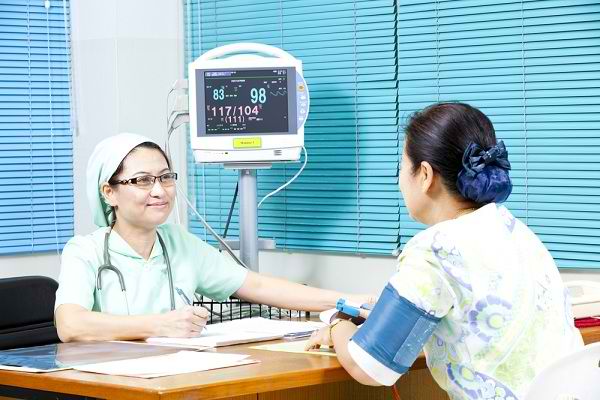Learning is a very common word that we hear every day, especially for those who work in the world of education. The word of learning, which has the basic word of learning is inherent in those who have status as students. Learning seems to be an obligation for those who are in the task of learning, but few realize that the learning process we have to do for a lifetime.
Theories that discuss learning and the learning process have been carried out. Learning can be divided into formal, informal, and incidental learning. Formal learning generally is done in a structured curriculum and usually given a degree as a sign that the formal learning has ended.
Informal learning is an effort to support formal learning. In the world of informal learning work, it can be in the form of the availability of literature that supports performance, activities in workshops or conferences that support scientific knowledge, work strategies undertaken to achieve the desired performance or other diverse forms to support the knowledge or expertise possessed.
Incidental learning is a learning process that occurs accidentally. This activity is usually realized when the work is done and evaluated by the leadership. The evaluation shows the areas that must be improved and the strategies that must be carried out in improving performance.
This lifelong learning process must be practiced by all practitioners to improve their performance. The public health profession is one of the professions that must develop themselves in the profession because developments in the world of public health are always dynamic in the area of preventive and promotive.
The public has the right to get the best services from these public health practitioners. Health professionals who have taken formal education need to update their knowledge through informal learning on an ongoing basis in addition to incidentally getting learning at work.
Continuous learning conducted by professionals in their fields of work is called Continuing Professional Education (CPE). CPE provides many benefits, especially in ensuring the quality of services provided by the profession. It emphasizes the importance of CPE for public health professionals who must serve the community every day in preventive and promotive health efforts.
The article entitled “Improving Professional Development of Public Health Professional Through Informal Learning” is written based on doctoral studies at the College of Public Health, University of Georgia in United States from 2010-2014. This article explains about one aspect of learning that is a bit forgotten because it is no longer considered an obligation, namely informal learning.
Besides, challenges in participating in informal learning faced by public health practitioners in USA also occur in Indonesia. The challenge in CPE that many public health practitioners complain about in the USA is the difficulty of finding time between their workload and the family problems they face.
The method in this research was conducted using an online survey considering that geographically it was not possible to gather public health practitioners who had worked in various agencies spread across the state of Georgia. At the end of data collection, a total of 172 public health professionals filled out the Dimension of Learning Organization Questionnaire (DLOQ) survey, one of which measures the willingness of public health professionals to learn informally and the opportunities given by their institutions to support informal learning.
All respondents in this study were asked to identify 9 activities in their institutions that were included in the informal learning category. According to DLOQ, it was developed by prof Karen Watkins one of my mentors in Doctoral program at UGA. DLOQ has been translated into various languages and has been shown to provide an overview of the dimensions of learning that occur in an organization.
In addition to being asked to identify 9 activities in their field of work, respondents were also asked to choose whether they participated in informal learning outside of formal learning that was required for them. Respondents were also asked to identify the informal groups they had and the reasons for being a member of the group.
The results of the research that I submit in this article can be input and recommendations for policymakers. The activities can be carried out in their institutions that support informal learning to improve the performance of public health practitioners in Indonesia. (*)
Author: Ira Nurmala
Informasi detail dari riset ini dapat dilihat pada tulisan di Malaysian Journal of Medicine and Health Sciences Vol.15 Supp 3, Aug 2019 (eISSN 2636-9346) halaman 52-55 https://medic.upm.edu.my/our_journal/malaysian_journal_of_medicine_and_health_sciences_mjmhs/mjmhs_vol15_supplement_3_august_2019-51211
Ira Nurmala (2019). Improving Professional Development of Public Health Professional Through Informal Learning. Malaysian Journal of Medicine and Health Sciences 15(3): 2636-9346 Page 52-55.





